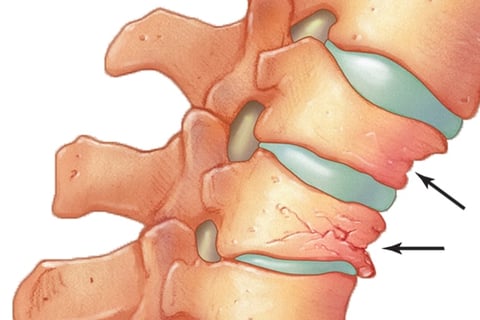The untold side effects associated with prolonged use of omeprazole
GASTRO-INTESTINAL DISORDERSHEALTH CONDITIONSMEDICINES & TREATMENTS
E.C | Pharmacist
8/27/20233 min read


Understanding Omeprazole's Mechanism
Before delving into its side effects, let's grasp how omeprazole works. It belongs to a class of drugs known as proton pump inhibitors (PPIs), designed to reduce the production of stomach acid. By inhibiting the activity of the gastric proton pump, omeprazole significantly lowers stomach acid levels, offering relief from conditions characterised by excess acid production such as acid reflux, GORD...
While its effectiveness is unquestionable, its use does come with a range of potential side effects.
Gastrointestinal system related side effects
One of the most frequently reported side effects of omeprazole involves the digestive system itself. Individuals may experience symptoms like nausea, vomiting, abdominal pain, diarrhoea, or constipation. These effects are often mild and transient, as the body adjusts to the altered acid levels. However, they can be bothersome and affect daily life.
Vitamin and Mineral deficiencies
Stomach acid plays a crucial role in aiding the absorption of various vitamins and minerals, including vitamin B12, magnesium, and calcium. Reduced stomach acid levels due to omeprazole use can potentially hinder the body's ability to absorb these essential nutrients. Prolonged use of PPIs like omeprazole may lead to deficiencies in these nutrients, which can have far-reaching implications for bone health, nerve function, and overall well-being.
GI Infections
The reduction in stomach acid production caused by omeprazole can create an environment in which certain bacteria or fungus can flourish such as Clostridium difficile infection or Candida infection, which can cause severe diarrhoea and other complications.
Subacute cutaneous lupus erythematosus (SCLE)
Very infrequent cases of subacute cutaneous lupus erythematosus (SCLE) have been reported in patients taking PPIs. Drug-induced SCLE can occur weeks, months or even years after exposure to the drug. If a patient treated with a PPI develops lesions of the skin and it is accompanied by arthralgia (joint pain), discontinuing PPI treatment may be considered unless it is imperative for a serious acid-related condition. In most cases, symptoms resolve on PPI withdrawal; topical or systemic steroids might be necessary for treatment of SCLE only if there are no signs of remission after a few weeks or months.
Bone Health and Fracture Risk
There's growing evidence suggesting that long-term use of PPIs like omeprazole might be associated with an increased risk of bone fractures, particularly in older individuals. Reduced stomach acid levels may affect the absorption of calcium, a vital mineral for bone health which might lead to development of osteoporosis.
Conclusion:
As with any medication, omeprazole is a powerful tool that comes with responsibilities. While it offers relief from the discomfort of acid-related conditions, its potential side effects underscore the importance of informed choices and ongoing medical supervision. Ultimately, by engaging in meaningful conversations with healthcare providers and being vigilant about changes in your health, you can navigate the complex terrain of omeprazole use while prioritising your overall well-being. They can help assess your unique medical history, weigh the benefits against the risks, and explore alternative options if necessary. In some cases, short-term use of omeprazole or other PPIs might be appropriate for managing acute conditions. However, prolonged use should be carefully monitored to mitigate the risk of developing adverse effects.
Omeprazole is a proton pump inhibitor medicine which helps to lower the gastric acid secretion of the stomach by resolving symptoms of heartburn, discomfort associated with reflux disease or GORD. Many patients get prescribed omeprazole for prolonged periods of time, without them being aware of some dangerous side effects related to this prolonged use. In this article, we explore the nuanced landscape of omeprazole's side effects, shedding light on the importance of informed decision-making and healthcare supervision.










TheRemotePharmacist Ltd © 2022
The Remote Pharmacist is an online platform created by a pharmacist that aims in delivering updated and trustworthy information and advice on anything related to pharmacy and healthcare.
Reframe your inbox
Subscribe to our newsletter and never miss an article.
We care about your data in our privacy policy.
